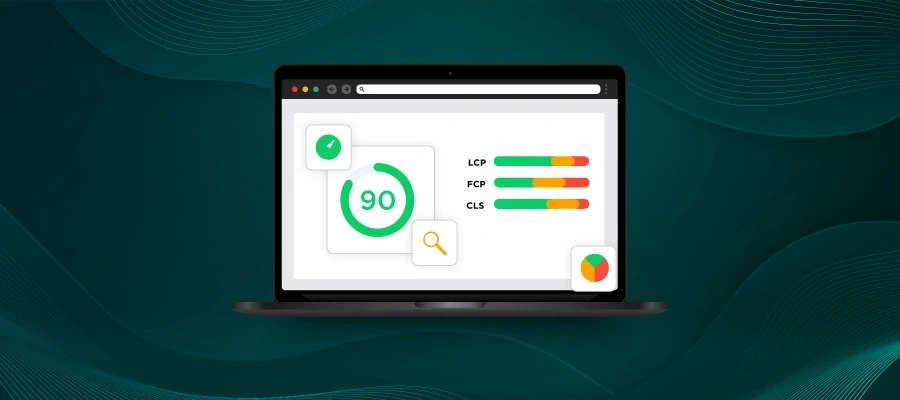For ecommerce, an Intelligent CloudOps strategy connects application and infrastructure performance to checkout conversions, which enables organizations to calculate how much money is being made, based on improvements to the tech stack. By measuring the impact of technology changes on business metrics, such as conversion rates, revenue, and customer satisfaction, organizations can make more informed decisions about how to optimize their cloud infrastructure.
This approach enables organizations to focus on outcomes, rather than just reducing costs or improving technical metrics. Tying this back to the original point of how outdated a managed hosting provider’s practice and value proposition is, I challenge those providers to go into ROI calculation territory on the services they are providing to their customers.
Intelligent CloudOps also facilitates collaboration between different teams within an organization, such as development, operations, and business teams. By providing real-time visibility into cloud operations and enabling cross-functional communication, Intelligent CloudOps can help to break down organizational silos and ensure that all teams are aligned towards a common goal of delivering business value. This collaboration is crucial for delivering optimal business outcomes and maximizing ROI.
For ecommerce brands, the time to modernize was yesterday
With the non-stop ascension of ecommerce and the increasing demand for seamless online experiences, ecommerce businesses cannot afford to have slow, unresponsive digital footprints. Customers expect fast page load times, easy checkout experiences, and personalized content. By adopting an Intelligent CloudOps practice, ecommerce brands can ensure their application delivery and cloud infrastructure is optimized for performance, scalability, and reliability.
The benefits of an Intelligent CloudOps practice extend beyond just performance improvements. By automating routine operational tasks, organizations can free up IT teams to focus on more strategic initiatives, such as delivering new features, improving customer experiences, and expanding into new markets. By leveraging vendors who embrace these modern practices and provide real-time insights, organizations can make data-driven decisions that maximize ROI and deliver business value. If ecommerce businesses want to stay competitive in today’s fast-paced digital economy, they need to modernize to an Intelligent CloudOps practice to achieve better performance, operational efficiency, and customer satisfaction.
The time is now to get out of trying to defend the TCO of tech expenses and become smarter in calculating ROI by measuring the impact of technology changes against business outcomes, facilitating cross-functional collaboration, and emphasizing the delivery of business value.
Webscale would love to help you get started on your Intelligent CloudOps journey. For a free, no-pressure conversation about your current tech stack, and an assessment of your storefront and where you could be losing money, reach out to us via the form at the bottom of the page.














